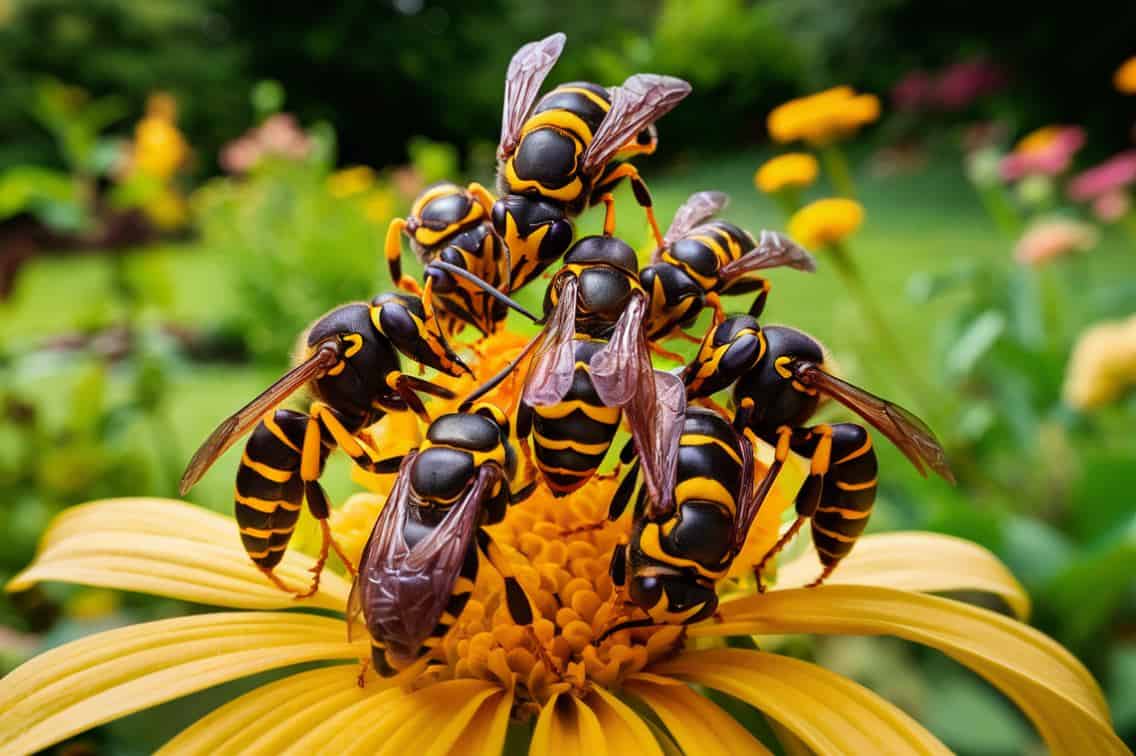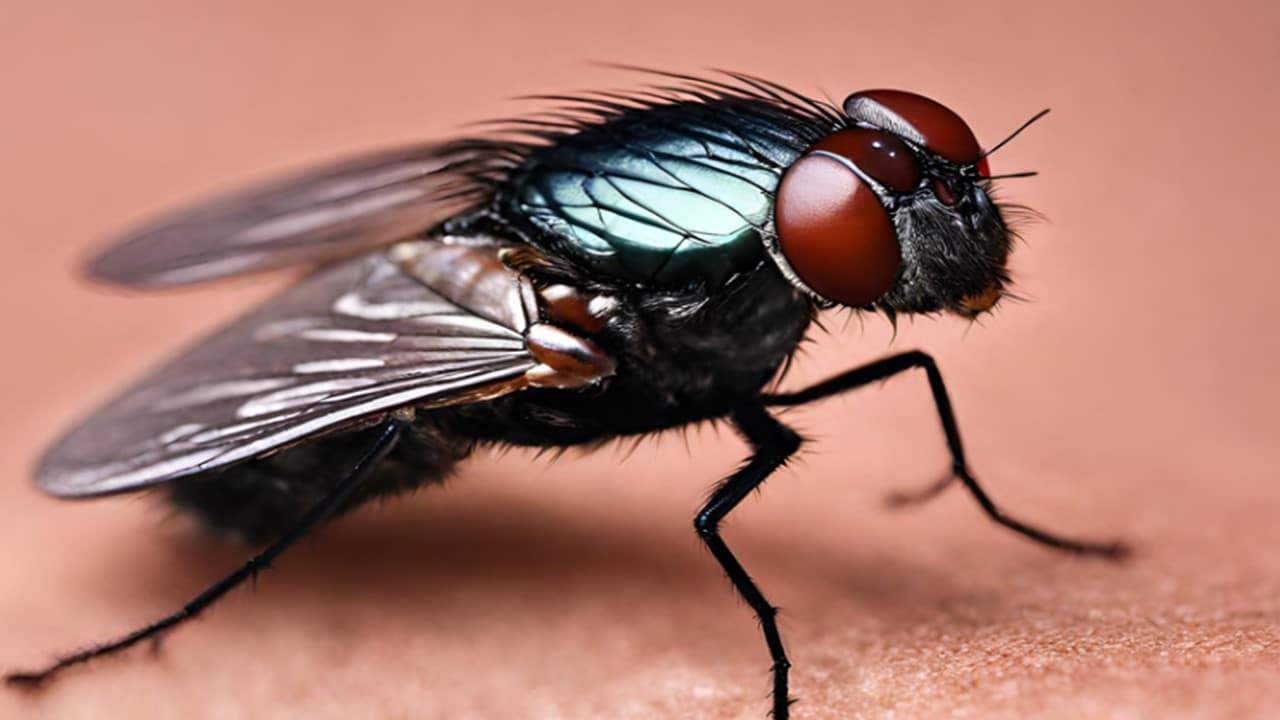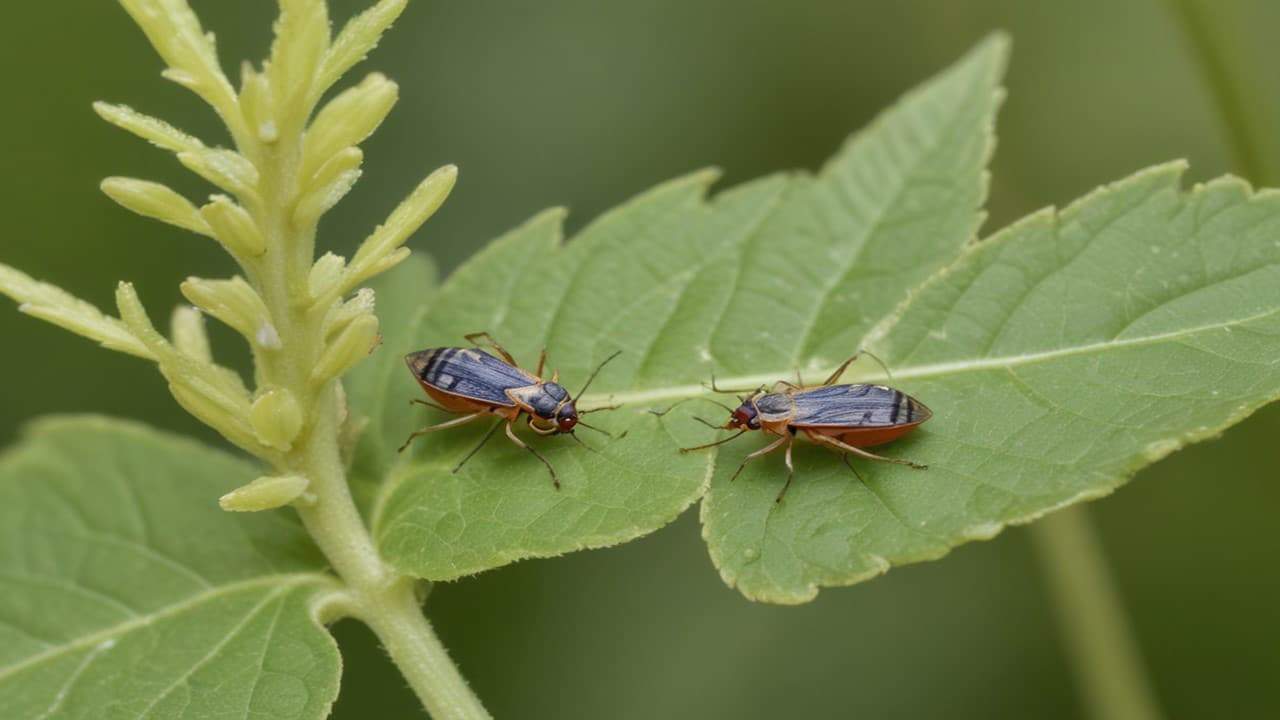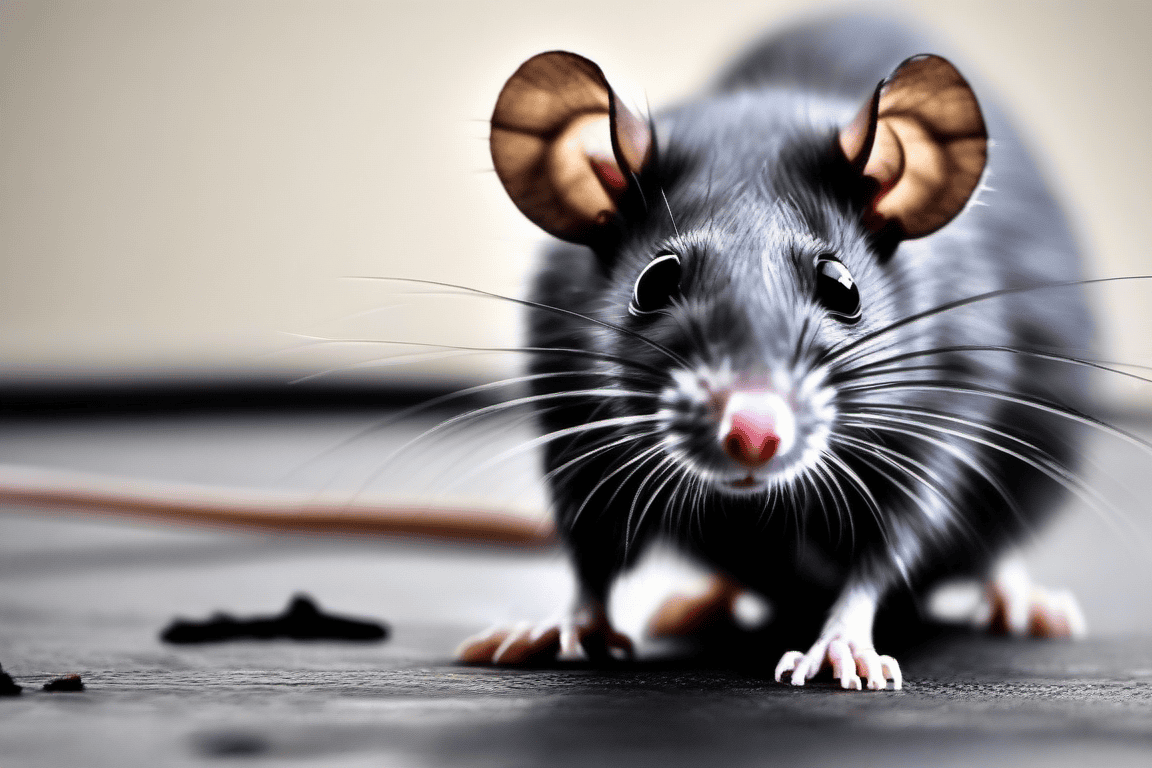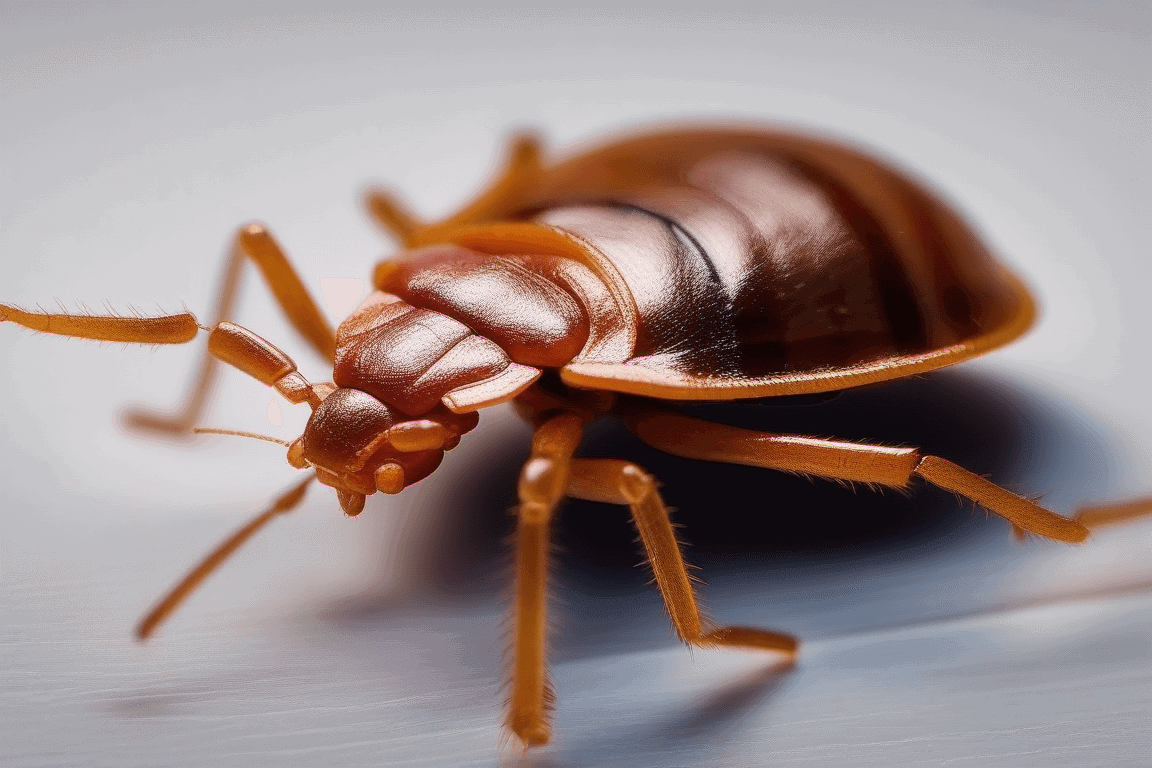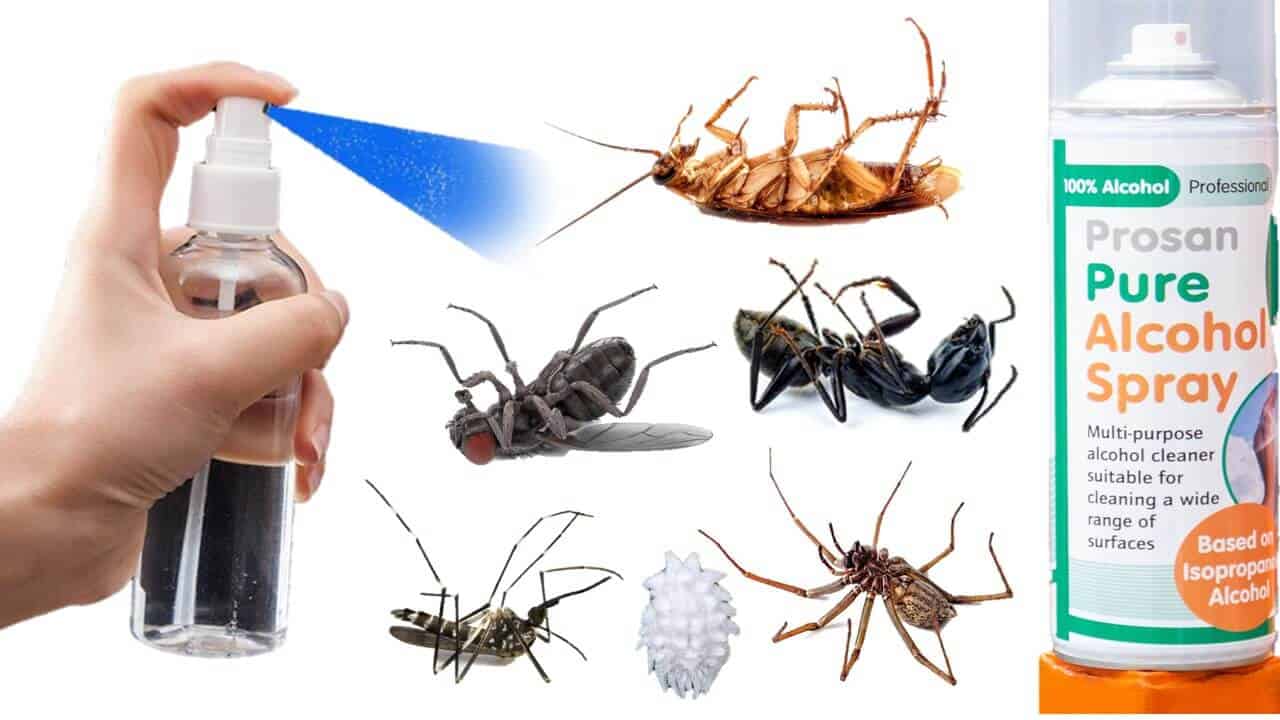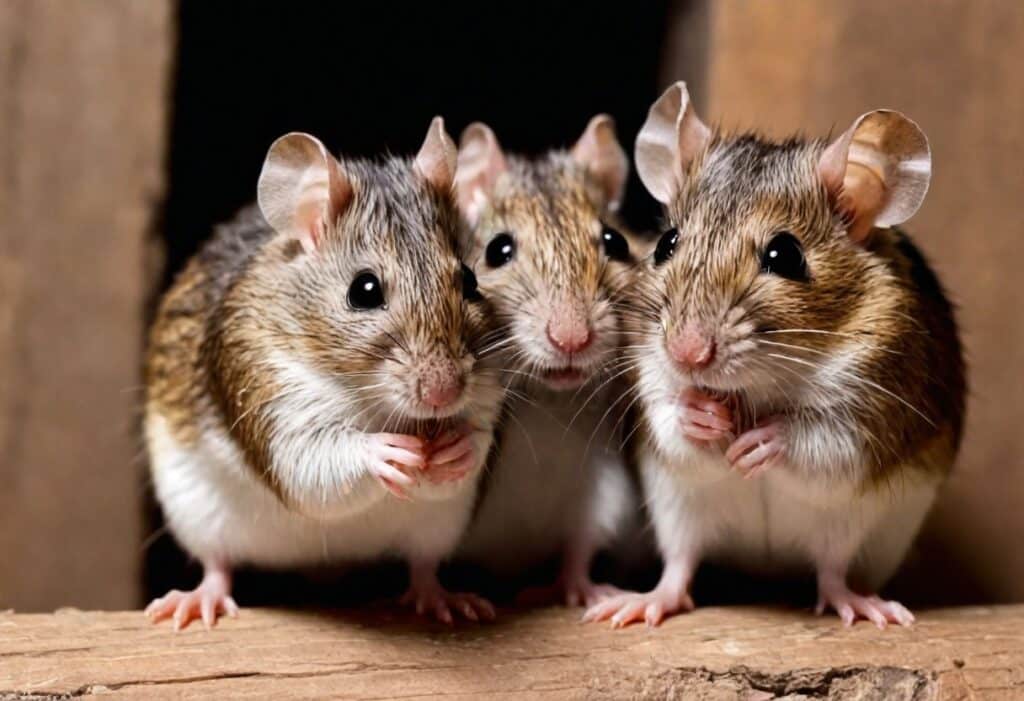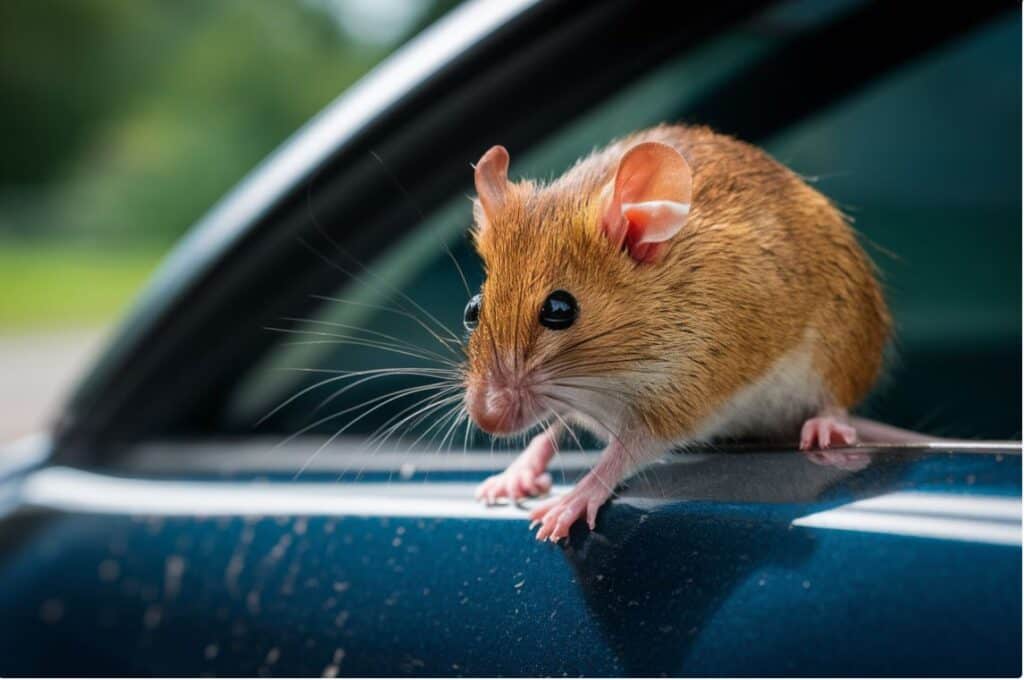If you are tired of those sneaky field mice wreaking havoc in your yard, it’s time to say goodbye to the furry invaders.
This article will show you how to kick field mice to the curb for good!
We will show you clever tips and tricks that will have those critters running for the hills.
Don’t allow those pests to ruin your day. Take charge of your space by sticking around for a mouse-free future!
Table of Contents
What are Field Mice?
Field mice are small rodents that measure around 3 to 4 inches, not including their tails.
They typically have round, furry bodies with short legs and large, almond-shaped eyes that give them a curious appearance.
Their fur can vary from light gray to brown, allowing them to blend into their natural habitats.
Despite their small size, field mice are incredibly agile and fast runners, capable of darting swiftly through fields and vegetation.
These creatures have keen senses of smell and hearing, helping them detect potential predators or food sources nearby.
Field mice also have excellent climbing skills, enabling them to scale walls and fences effortlessly in search of food or shelter.
What are the Ways to Eliminate Field Mice From Your Yard?
1. Eliminate food sources
First and foremost, the most crucial step to remove field mice from your yard is to eliminate their food sources.
Field mice are opportunistic feeders and will survive on readily available food in your garden or yard.
Seal and secure all food sources such as birdseed, pet food, and compost bins to reduce the attraction for these pests.
Furthermore, practicing proper garbage disposal by keeping trash cans tightly sealed and removing spilled or leftover food can also help remove potential food sources for field mice.
Additionally, storing grains, seeds, and other pantry items in secure containers will prevent easy access for these rodents.
Implement these simple yet crucial steps in cutting off their food supply to discourage field mice from inhabiting your property.
2. Recruit natural predators
Introducing natural predators to control field mice populations is a strategic approach that can yield long-term benefits.
Encouraging the presence of predators like owls, dogs, cats, and foxes in the ecosystem helps harness nature’s pest control system.
These predators help maintain a balanced ecosystem by preying on field mice, thus reducing their numbers naturally without harmful chemicals or traps.
Meanwhile, introducing natural predators into an environment with high mouse activity can disrupt the mice’s breeding cycles and create a sense of predation-induced fear among them.
This practice keeps the current population in check and deters future generations from establishing large colonies.
Embracing this biological control method addresses the immediate issue of field mice infestation and fosters a sustainable way to manage pest populations while supporting biodiversity.
3. Set baited traps
Setting baited traps is a popular method to eliminate field mice naturally.
When placing traps, position them along walls, near entry points, and where you observe mouse activity. Using peanut butter or bits of cheese as bait can attract the mice.
It is crucial to check the traps regularly and dispose of any captured mice promptly to prevent odors and potential health hazards.
Additionally, rotating the types of bait used can increase the effectiveness of trapping efforts.
Remember that not all traps are created equal – some may be more effective than others in catching field mice.
Experiment with different trap designs and placements to find what works best for your unique situation.
In addition, consider using humane live-catch traps if you prefer to relocate the mice rather than exterminate them.
This approach provides a more ethical solution and allows you to release the captured rodents back into their natural habitat without harm.
4. Spray essential oils
Essential oils like peppermint and citronella are excellent for repelling field mice from your home and garden.
These potent scents create an inhospitable environment for mice but add a pleasant fragrance to your surroundings.
Mix a few drops of the essential oils with water in a spray bottle and apply around entry points, nesting areas, and other mouse-prone areas.
Peppermint oil has strong repellent properties against rodents due to its intense fragrance that mice find intolerable.
Similarly, citronella oil is ideal for deterring insects and small rodents like mice.
Incorporating these natural solutions into your pest control routine can keep field mice at bay without harmful chemicals or traps.
5. Use ammonia
Ammonia is a famous household cleaning product that can be a potent tool in eliminating field mice.
As a strong-smelling compound, ammonia’s odor is repugnant to rodents and deters them from frequenting certain areas.
Placing bowls of diluted ammonia near mouse entry points or nesting spots will discourage these furry intruders from invading your space.
While ammonia is ideal for repelling mice, it is essential to use caution when handling this chemical.
Make sure to dilute the ammonia properly and avoid direct contact with skin or eyes.
Incorporating ammonia into your natural pest control methods could provide a practical and eco-friendly solution to keeping those unwanted guests at bay.

6. Erect physical barriers like fencing
When creating a natural barrier against field mice, installing physical barriers like fencing can be highly effective.
You can bury metal hardware cloth or wire mesh fencing below ground to prevent burrowing intruders from gaining access to your property.
Ensure the fencing reaches at least 12 inches underground and extends several feet above ground level to deter climbing.
In addition to traditional wire fences, consider using solid structures like concrete blocks or stone walls as defensive boundaries against field mice.
These sturdy structures act as a barrier and add aesthetic value to your outdoor space.
Adding natural elements to your pest control strategy creates a harmonious environment that is functional and visually appealing.
7. Seal rodent entry points
Sealing entry points is crucial in ensuring field mice stay out of your home for good. These tiny creatures can squeeze through small openings.
So, it’s vital to inspect and seal any potential entry points.
Pay close attention to gaps around pipes, vents, doors, and windows, as these are common entryways for mice seeking shelter.
Materials like steel wool, mesh, or caulk can block these points and prevent rodents from invading your space.
Address any structural issues contributing to rodent access. Rotten wood or deteriorating siding can create easy access points for field mice.
So, repair and replace any damaged areas promptly.
Additionally, trimming tree branches and bushes away from your home can help eliminate potential avenues for rodents to gain entry.
Sealing rodent entry points and addressing underlying structural vulnerabilities creates a lasting barrier against unwanted guests in your home.
8. Clean and modify your yard
Transforming your yard into a clean and welcoming space goes beyond lawn mowing.
Start by decluttering and removing debris or overgrown plants that could be potential hiding spots for field mice.
Take some time to trim back bushes and shrubs, creating open areas that are less appealing to these critters.
These simple modifications can create a less inviting environment to unwanted pests and enable you to enjoy a cleaner outdoor area for yourself and your family.
9. Plant repellent herbs
When it comes to keeping field mice at bay, cultivating strong-smelling herbs can be a powerful ally in your natural pest control arsenal.
These herbs add beauty and fragrance to your garden and deter unwanted visitors. Plants like mint, lavender, and rosemary emit strong scents that mice find unpleasant.
Cultivating these repellent herbs around your home and garden can create a barrier that discourages field mice from entering your property.
Planting them in active areas, such as near entry points or around vulnerable plants, can help ward off these pests without harmful chemicals.
Harnessing the power of nature’s defences through repellent herbs can create a more harmonious environment that is unwelcoming to field mice while enhancing the beauty of your surroundings.
10. Install ultrasonic devices and motion-activated lights
Installing ultrasonic devices and motion-activated lights can be a game-changer against field mice invading your property.
The ultrasonic waves from these devices are undetectable to humans but are potent deterrents for rodents, disrupting their communication and causing discomfort.
This technology leverages sound frequencies that disturb the sensitive auditory systems of mice, compelling them to seek refuge elsewhere.
Pairing these ultrasonic devices with motion-activated lights adds an extra layer of protection by startling the mice and making your property less inviting.
These lights are triggered by movement, illuminating dark corners where rodents may hide and deterring them from exploring further.
Integrating these innovative solutions into your pest control strategy makes your environment inhospitable to field mice, forcing them to seek alternative habitats away from your home or garden.
Conclusion
There are various ways to rid your home of field mice without harming the environment or using harmful chemicals.
Strategies like sealing entry points, keeping a clean environment, using natural repellents like peppermint oil, and setting up humane traps can help keep field mice at bay.
Remember the power of maintaining cleanliness and removing potential food sources. By implementing these strategies, you can say goodbye to unwanted furry visitors for good!
So, why not try these natural remedies and bid farewell to those pesky critters once and for all? Your home will thank you!


